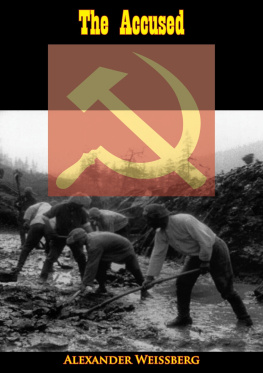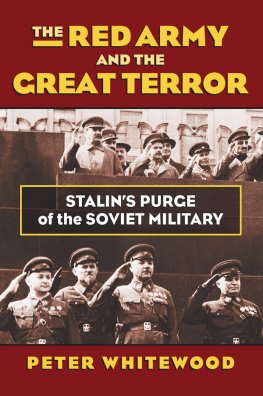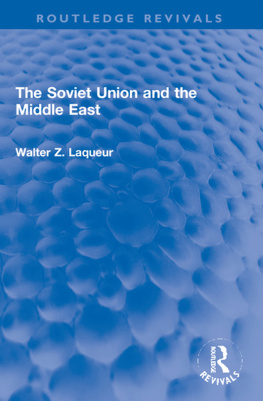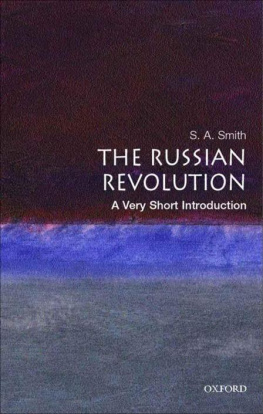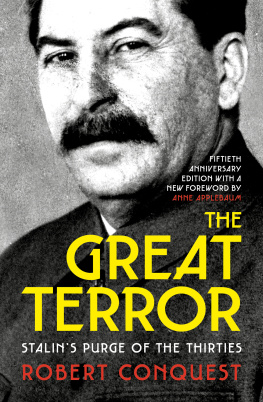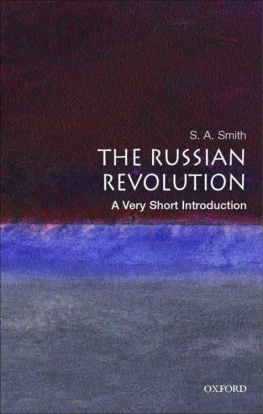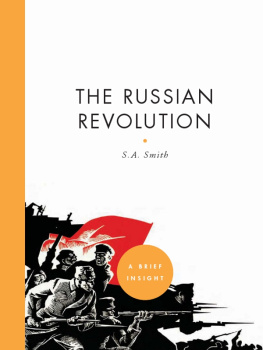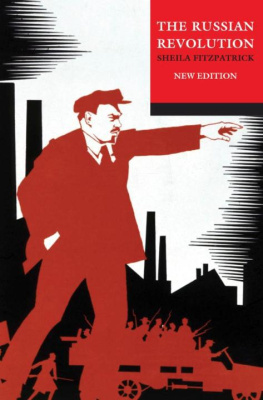

This edition is published by PICKLE PARTNERS PUBLISHINGwww.pp-publishing.com
To join our mailing list for new titles or for issues with our bookspicklepublishing@gmail.com
Or on Facebook
Text originally published in 1951 under the same title.
Pickle Partners Publishing 2016, all rights reserved. No part of this publication may be reproduced, stored in a retrieval system or transmitted by any means, electrical, mechanical or otherwise without the written permission of the copyright holder.
Publishers Note
Although in most cases we have retained the Authors original spelling and grammar to authentically reproduce the work of the Author and the original intent of such material, some additional notes and clarifications have been added for the modern readers benefit.
We have also made every effort to include all maps and illustrations of the original edition the limitations of formatting do not allow of including larger maps, we will upload as many of these maps as possible.
THE ACCUSED
BY
ALEXANDER WEISSBERG
TRANSLATED BY
EDWARD FITZGERALD
TABLE OF CONTENTS
Contents
PREFACE
1
THIS BOOK is in several respects unique in the voluminous literature on contemporary Russia. Its author, a scientist of Austrian origin, and a member of the Communist Party, was arrested during the Great Purge of 1937. He was charged with having recruited a gang of Nazi terrorists to assassinate Stalin and Voroshilov during a hunting trip in the Caucasus, and to blow up the main industrial plants of the Ukrainian capital in the event of war. He confessed to all these remarkable crimes, and lived to tell the tale.
It is a tale which brings closer to the reader than any published before the inner mechanism of the most extraordinary terror regime in human history. It describes from firsthand experience how, in the so-called political isolators or inner prisons of Soviet Russia, men are prepared by special methods to confess in public to imaginary crimes. The part allocated to the author was that of an accomplice of Nikolas Bukharin, former member of the Politburo, former President of the Communist International. He was to testify that, as a member of the Bukharinite Block, he had been instructed to kill Stalin, blow up the Kharkov plants, and so forth. He proved unfit for the part, and the producers dropped him quietly out of the cast.
This in itself is not very extraordinary. In show business, as in other spheres, many are called but few are chosen. The production of a political melodrama, staged in a courtroom in Moscow, Prague or Budapest, needs many months of painstaking preparation, just as a musical show or a motion picture does, only more so. For in this particular kind of show business the script must, up to a point, fit the real character and history of the actors. This greatly narrows the choice of possible participants. Thus a person fit to play the part indicated above must have, inter alia, the following qualifications: (a) He must have known Bukharin personally. (b) He must have had some contacts with Germans and Germany. As no Soviet citizen is allowed to have contact with foreigners or to travel abroad except on a Government mission, this is a decisive limiting factor. (c) He must have occupied a position of some influence, otherwise the confession would pass the borderline between the wildly improbable and the completely absurd. (d) Finally, the producers must be sure that, once he stands behind the footlights, the actor will stick to his text and not sabotage the show. It was on this last point that Weissberg proved to be an unfit candidate.
Even under these limiting conditions scores of possible candidates could be found for each part. To pick them, recondition them, transform their personalities, break them down and build them up for the selected part, was one of the functions of the O.G.P.U. Thus, let me repeat, the nature of the confession which Weissberg signed is extraordinary only in Western eyes. For the O.G.P.U. it was all a matter of routine, as it is for a talent scout to put a possible candidate for a part through a screen test. They found out fairly soon that from their point of view this candidate was hopeless. The no-ad procedure would then have been either to shoot him without trial by administrative decision, or to let him finish his days in one of the Arctic labor camps. That he survived was due to a chain of exceptional circumstances. But even that is less startling if one considers that, according to the rules of probability, where tens of thousands of cases are concerned, the improbable chain is bound to occur sooner or later.
2
I HAVE known Alex Weissberg since 1930; our life-stories intersect at various decisive points. He was born in 1901 in Krakw, which then belonged to Austria. His father was a prosperous Jewish merchant. A few years after his birth the family moved to Vienna and Weissberg retained his Austrian citizenship. This fact became important later on. He studied mathematical physics and engineering in Vienna, where he was graduated in 1926. He joined the socialist youth movement at the age of seventeen, and later the Austrian Social Democratic Party. In 1927 he left the Socialists and joined the Communist Party.
After his graduation he held various jobs, among them that of an assistant lecturer at the Berlin Polytechnic under Professor Westphal. Later he entered the service of the Argentine Government as a technical expert. The Argentine was a heavy buyer of German machine tools, and Weissberg traveled in the Saar and Ruhr to supervise the quality of the material, thus gaining a wide experience in plant management.
In 1931 he received a call from the Ukrainian Physical Technical Institute (UFTI) in Kharkov, and moved to the Soviet Union for good. We met in Berlin, a few weeks before his departure for Russia, through a mutual friend, E. I had known her from early childhood and we had always remained close friends. She told me that she was engaged to many Alex, and that he was a very remarkable character.
My first impression of Alex was that of a prosperous and jovial businessman with a round face, rounded gestures, a great gusto for telling funny stories and a curious liking for sweetsthere were little trays with chocolates around, which he kept gobbling up absent-mindedly by handfuls. I failed to see what E. found so remarkable about this character until the other guests were gone and we became involved in an argument on some of the finer points of Marxist theory. Then Alex eyes became narrow and piercing, every trace of humor left him and he made dialectical mincemeat of me. He had a lucid, trenchant and relentless way of arguing, and, not content with knocking his opponent down, he continued to hammer away at him. After a while he became jolly and jovial again.
I was at that time already a Communist by conviction and just about to take the decisive step of joining the Party. We met a number of times in Berlin; then Alex left, and later E. joined him in Kharkov, where they married. We corresponded occasionally; one year later I lost my job, owing to my Party activities, and decided to emigrate to the Soviet Union. My first and last port of call in that country was Kharkov, where I stayed in the Weissbergs flat. It was a small but by Russian standards luxurious flat in the vicinity of the Institutes.
The Ukrainian Physical Technical Institute is one of the largest and best-equipped experimental laboratories in Europe. During my stay with Alex and his wife, I met most of the scientists who appear as dramatis personae in this book. Among them were Leipunsky, in charge of the Department for Nuclear Fission, and Landau, the infant prodigy of Russian physicsboth of whom are today probably playing a leading part in perfecting the Russian atom bomb. Incidentally, I remember a long discussion with Landau, who argued with great conviction that the works of all the philosophers from the beginning of time up to and excluding Marx are not worth the paper on which they are printed. We also sometimes played poker with Professor Shubnikov, a dear old donnish scientist who was later on to testify that Alex had tried to recruit him for the Gestapowhich offer he only refused because he had already been in the service of a German espionage organization since 1924. Our neighbors and most intimate friends were Martin and Barbara Ruhemannof whom the latter, when I asked her to help Alex, affirmed that she had always known him to be a counterrevolutionary saboteur. Every member of that happy band of scientists who used to come in after dinner to play cards or drink tea stood up after Alex arrest and denounced him. They were neither cowards nor inferior human beings; they had to comply with orders or share the fate of the man whom they denounced. Even so, nearly all of them, including Landau, Leipunsky and Shubnikov, were arrested at a later stage of the purge and signed the usual fantastic confessions. About half of them were released and returned to their work at the end of the purge in 1939.
Next page
